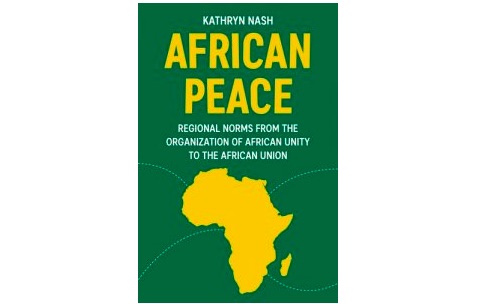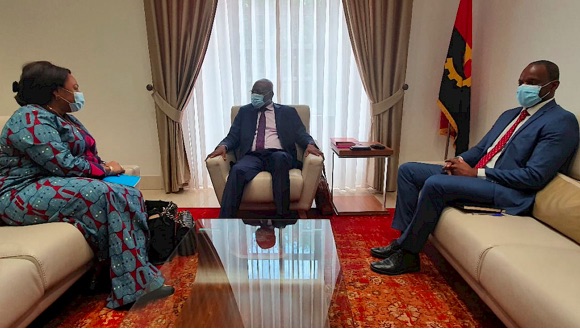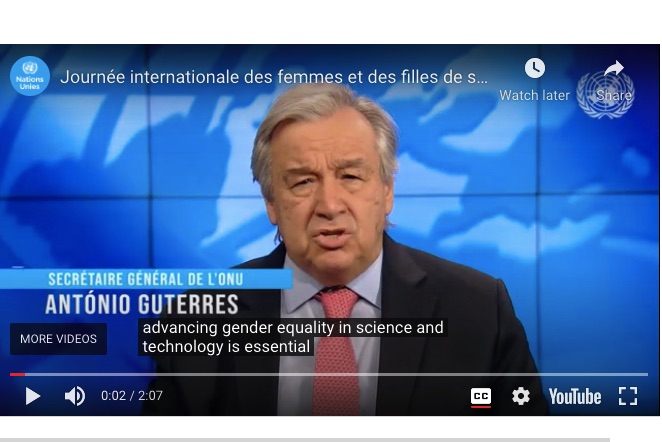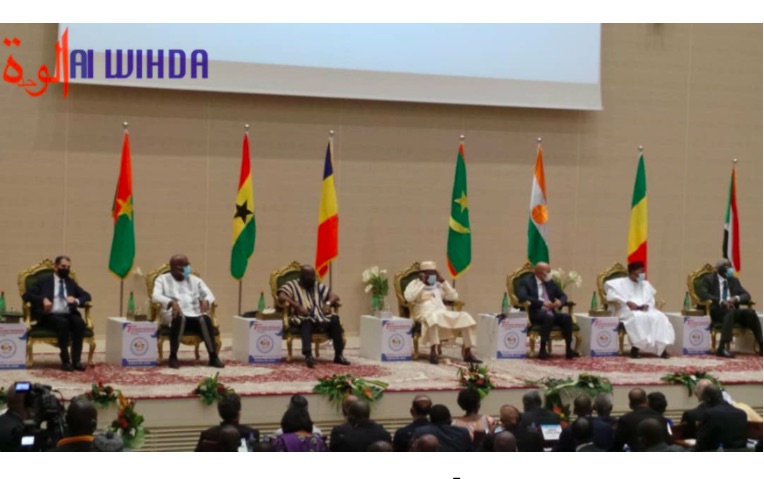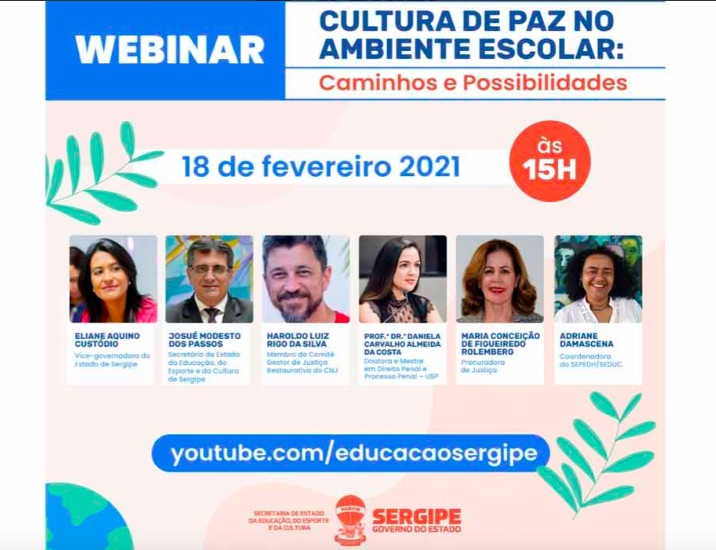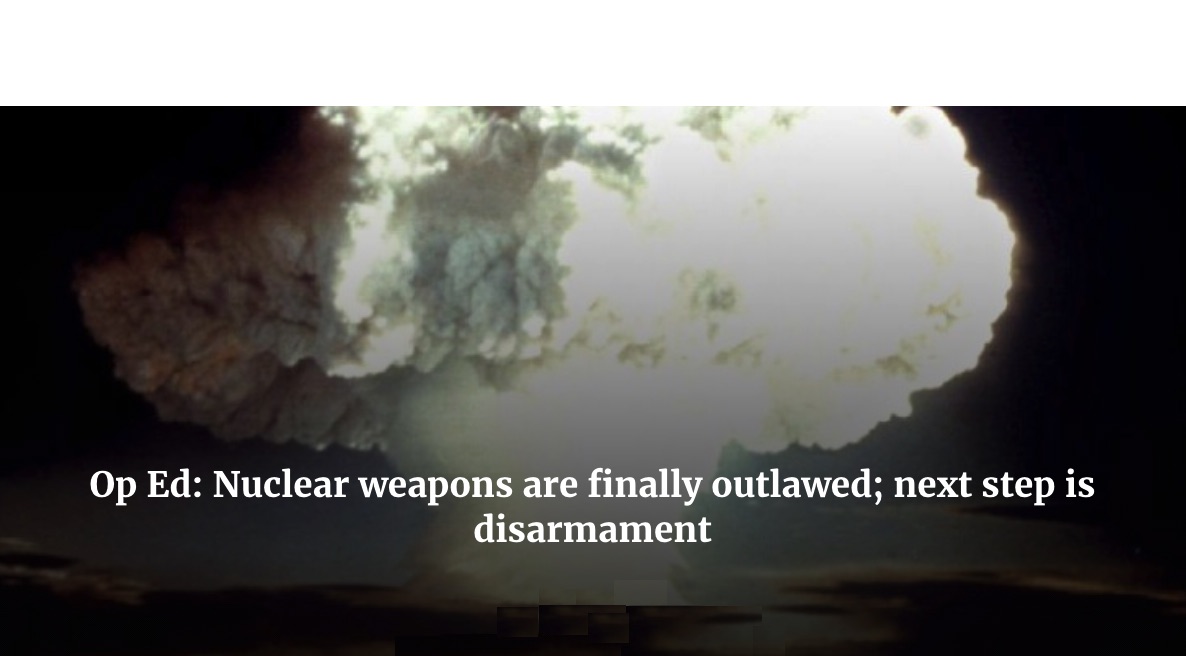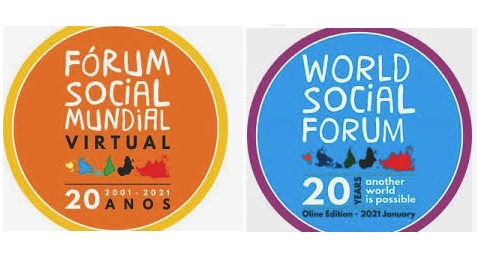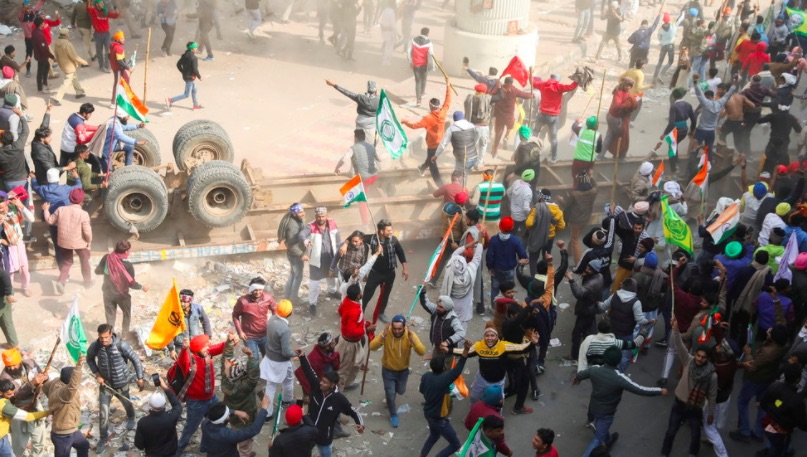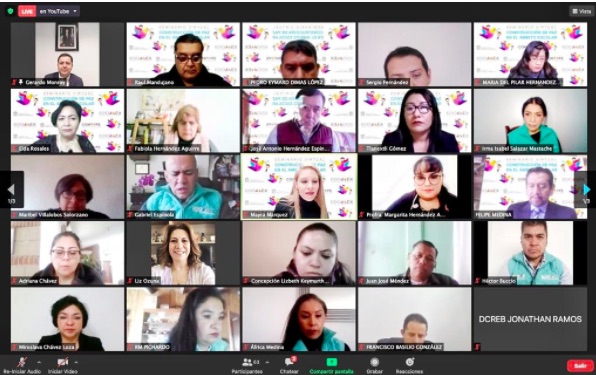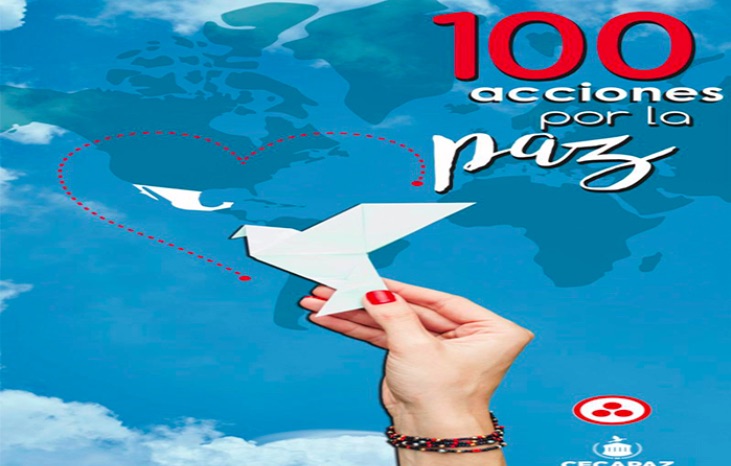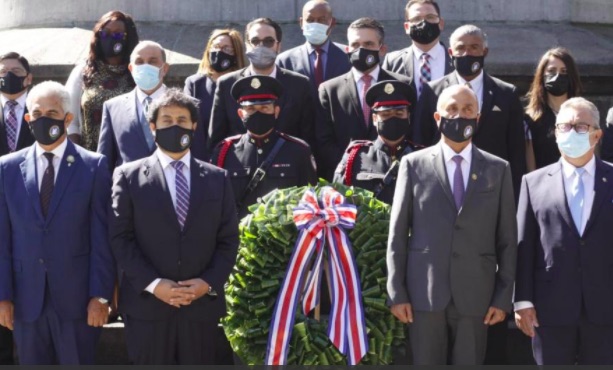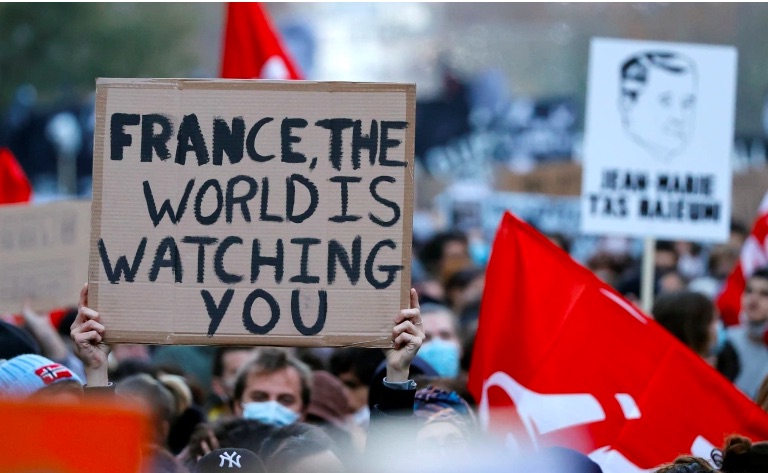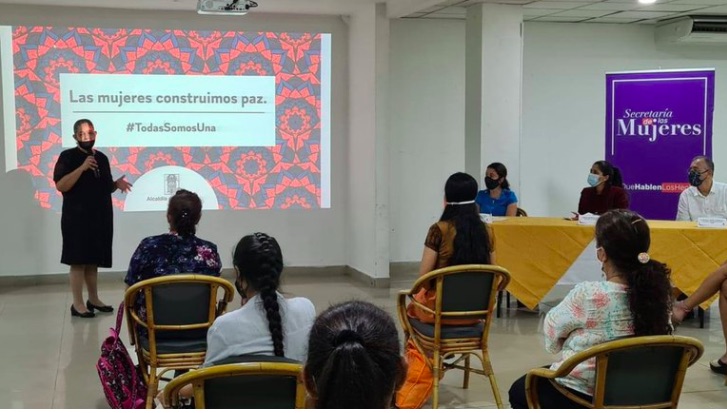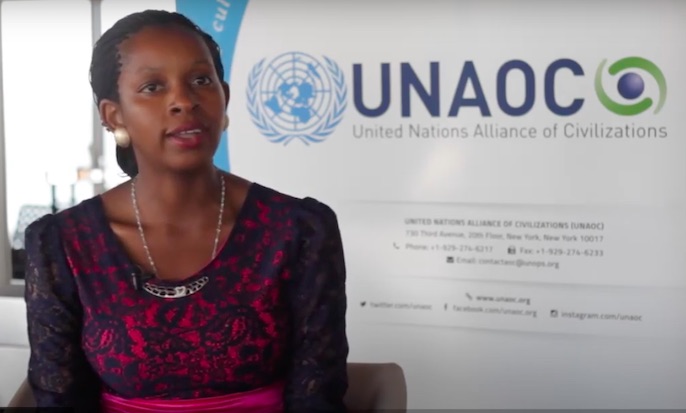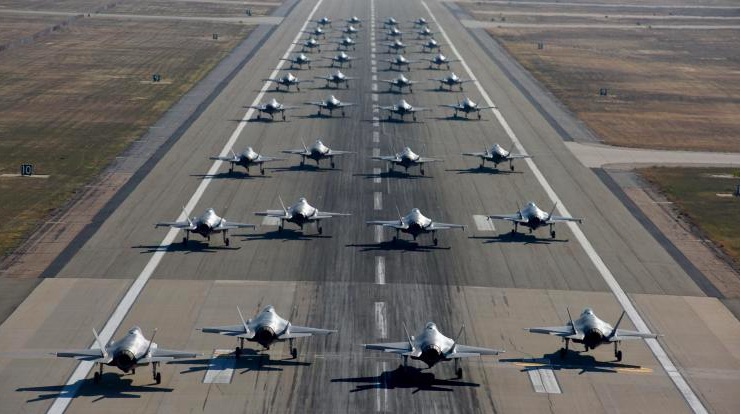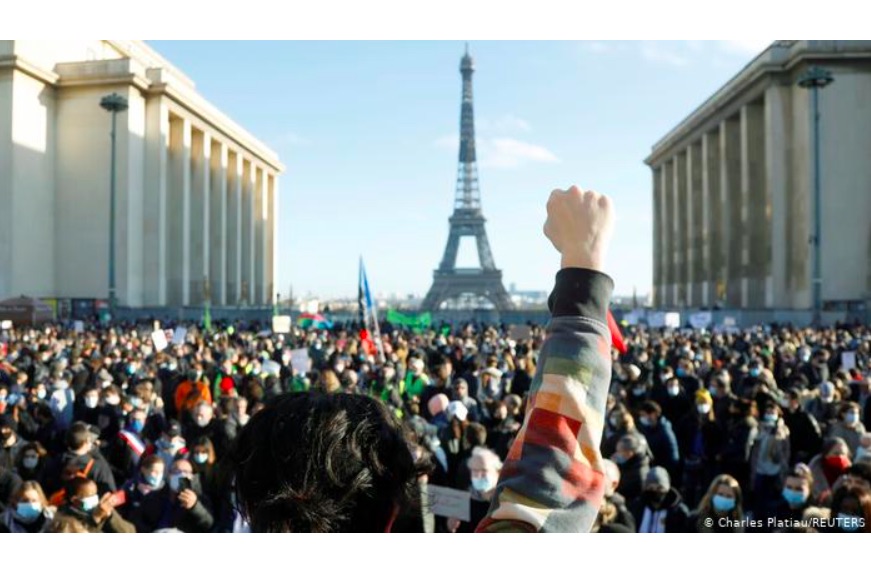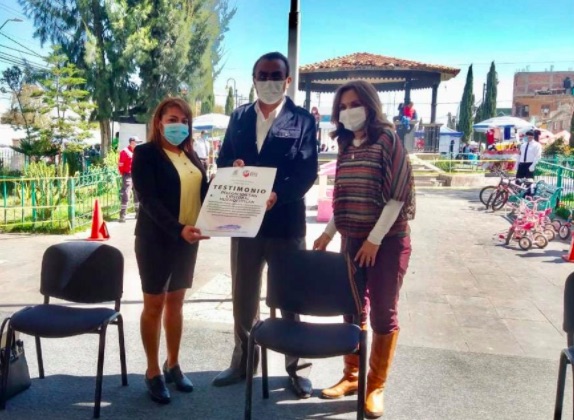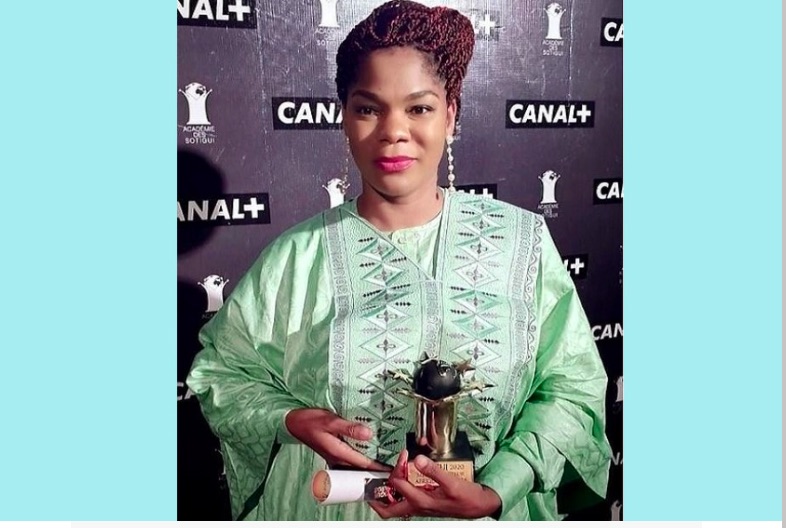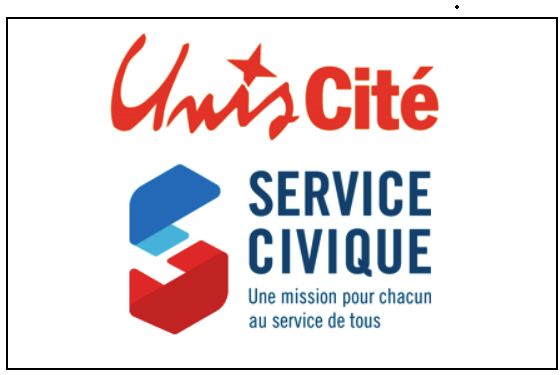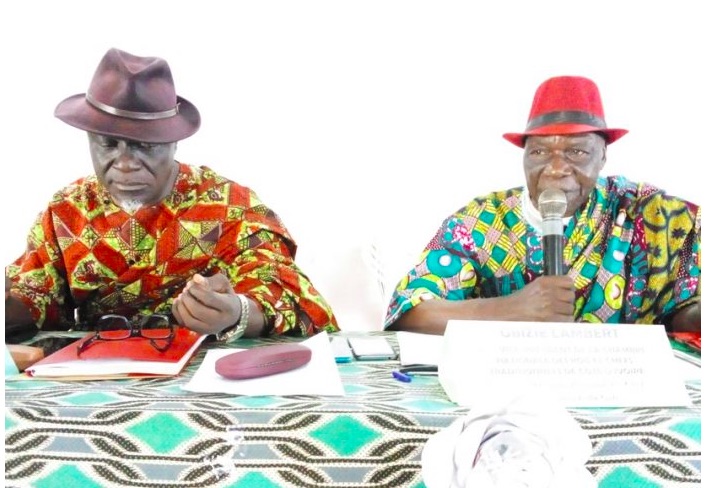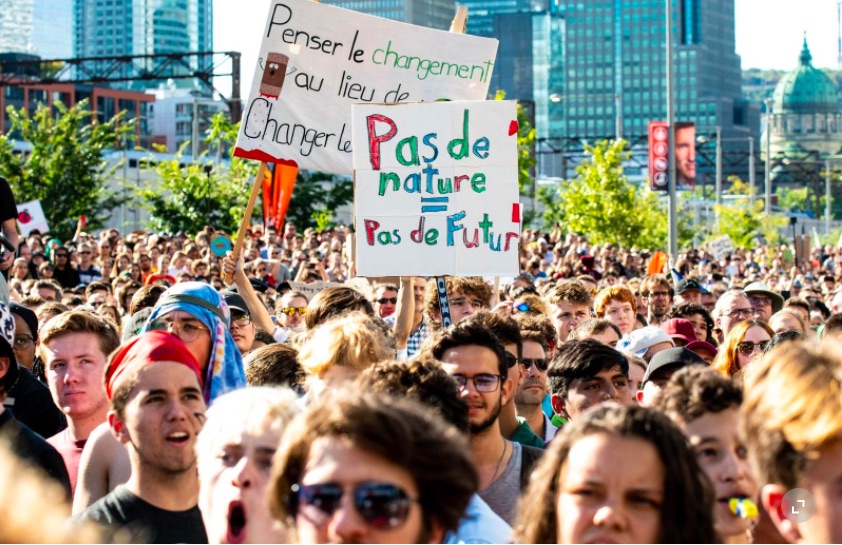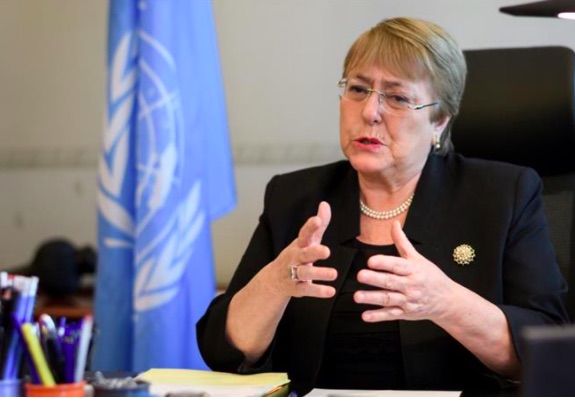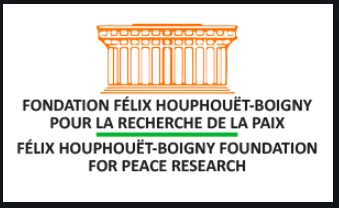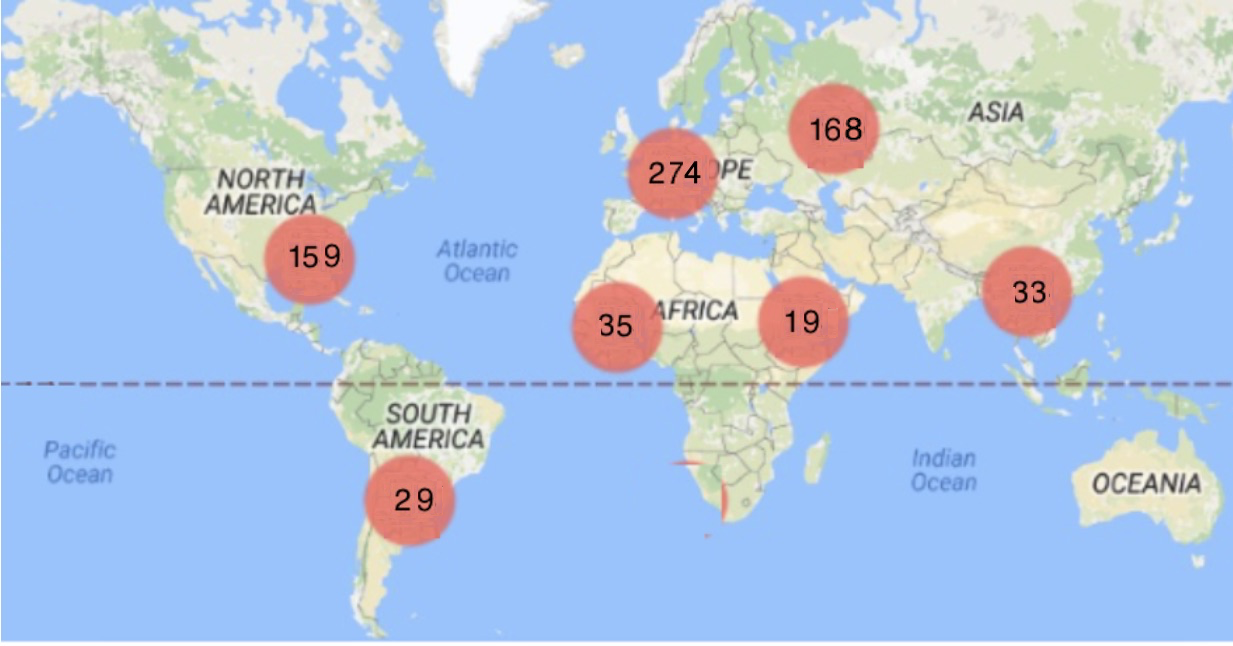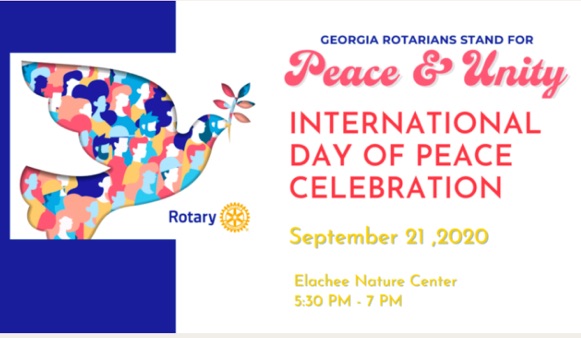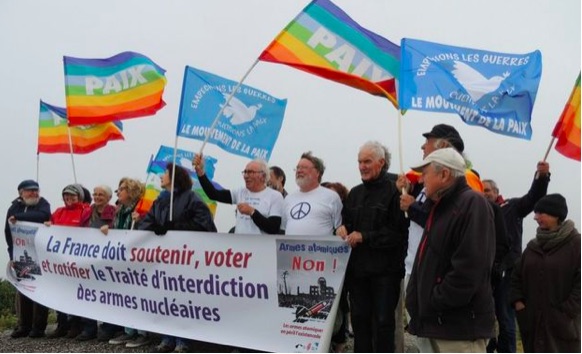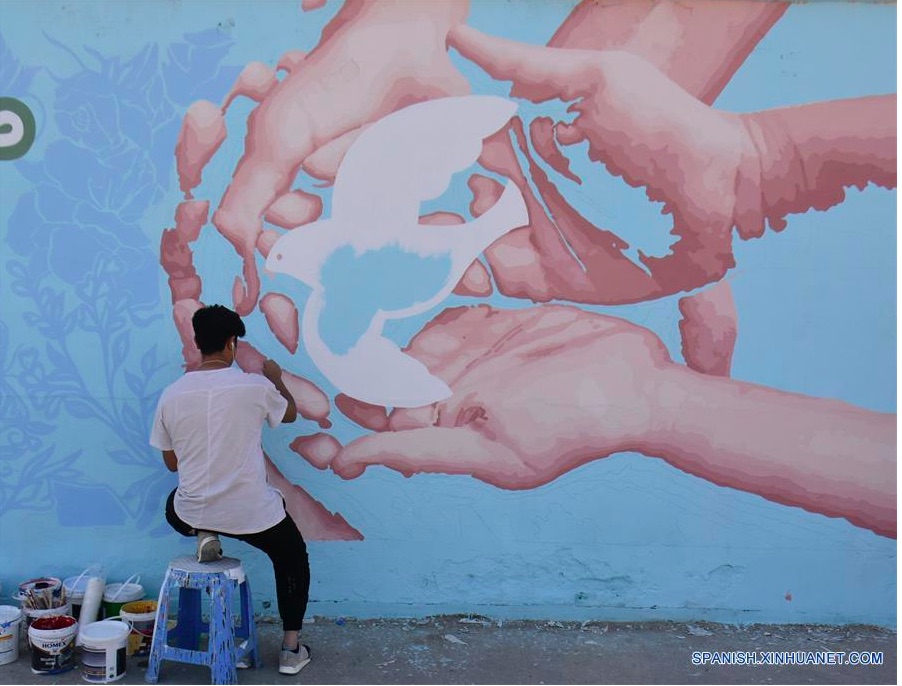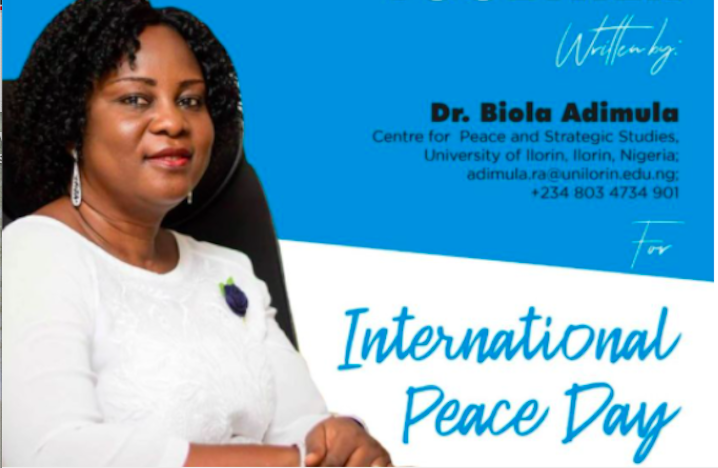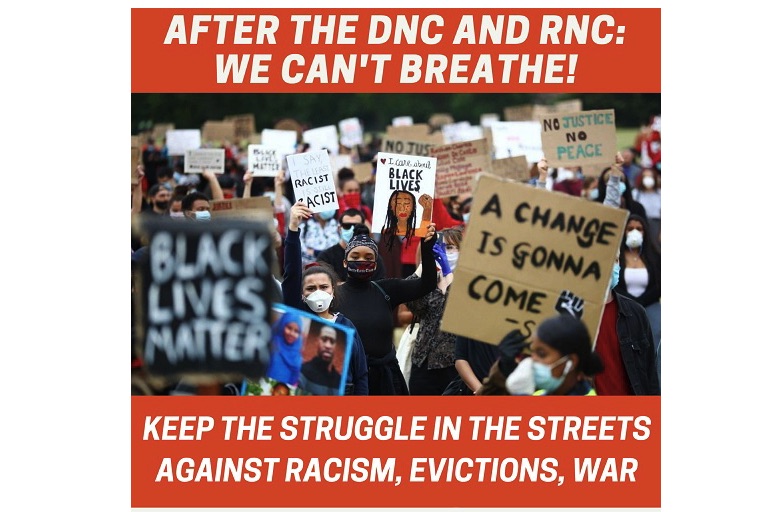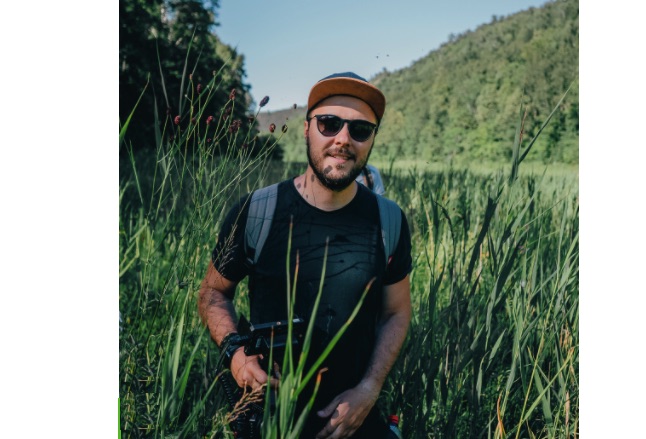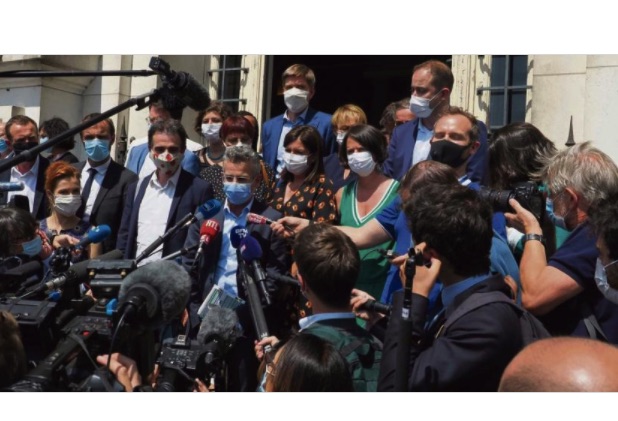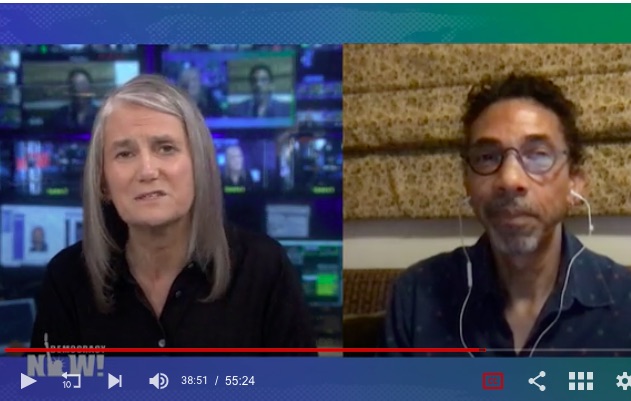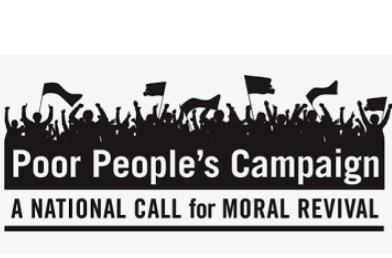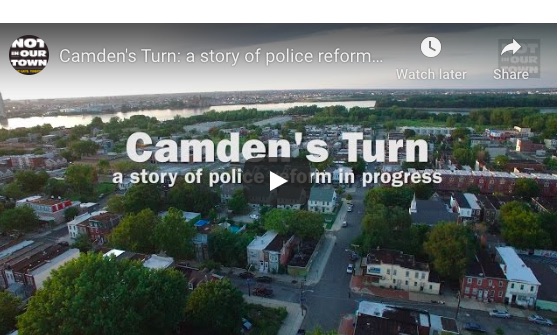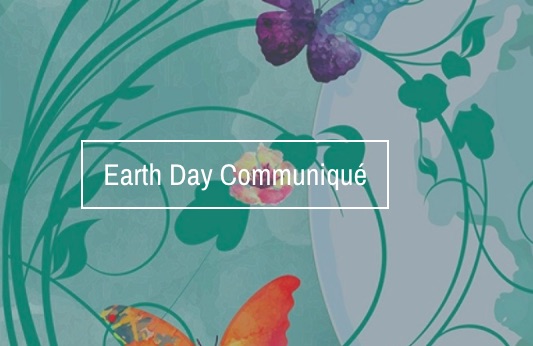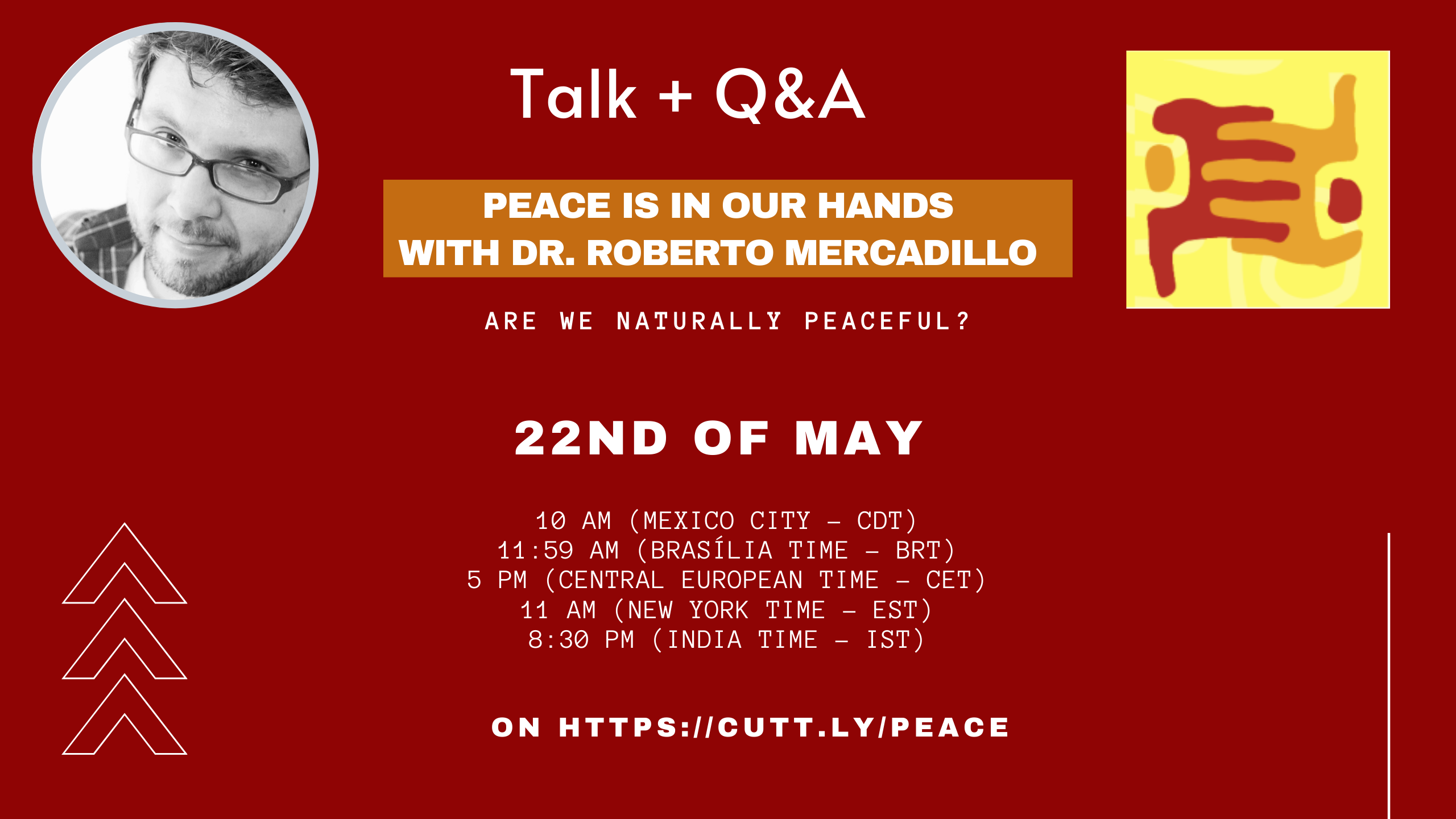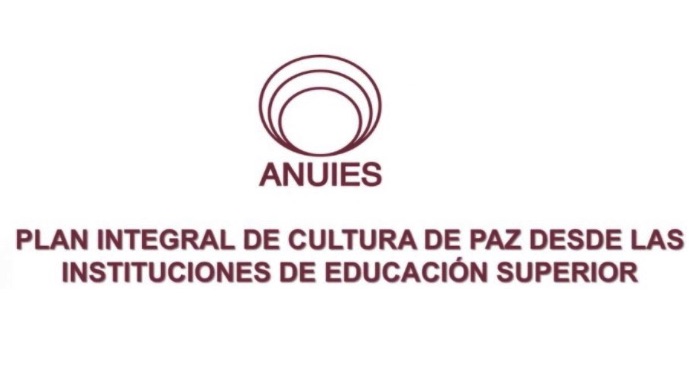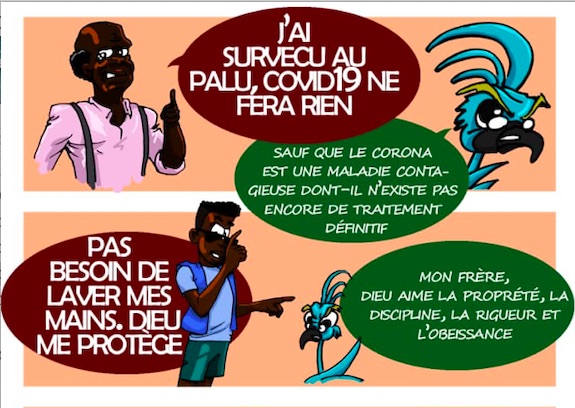The African Union (AU) increasingly promotes a culture of peace on the continent.
As described in a new book by Kathryn Nash, the African Union has developed, since its beginning at the turn of the century, a conflict management policy that was not available to its predecessor, the Organization of African Unity. Currently, the AU deploys monitors, authorizes peace support operations, and actively engages to resolve internal conflicts.
The 34th Session of the African Union Summit ended on 7 February 2021 with the new Chair, President Felix Tshisekedi of the Democratic Republic of the Congo (DRC), outlining an ambitious agenda, including combating climate change, expediting regional integration, investing in human capital, promoting Africa’s culture, empowering women and youth, and accelerating the operationalization of the African Continental Free Trade Area (AfCFTA).
One of the priorites mentioned by President Tshisekedi is the “Silencing the Guns” campaign, which has been extended to 2030, and now consists of a roadmap and practical steps to achieve its objectives. There will be a two-year periodic review of implementation.
As part of Youth Silencing the Guns Campaign, the Office of the Youth Envoy (OYE) in collaboration with partners has recently provided grants to four youth projects:
– Silencing the Climate Crisis Award to project Ibn El Bitar (Algeria)
– Silencing Gender-Based Violence Award to #ShutItAllDown movement (Namibia)
– Silencing Corruption Award
to Citizens Gavel Foundation for Social Justice (Nigeria)
– Silencing Youth Unemployment Award
to Garden of Hope Foundation (Kenya)
Another recent initiative of the AU Office of the Youth Envoy has been the virtual meetings of women activists in the five regions of Africa, which resulted in a Africa Young Women’s Manifesto. The Manifesto is a comprehensive document addressing all aspects of the culture of peace.
The African Continental Free Trade Area (AfCFTA), mentioned as a priority for the AU, began operation on January 1, 2021. This may become an important contribution to the culture of peace on the continent as it may transform conflicts across the continent by reducing the incentives for participating in conflicts, via the creation of jobs. AfCFTA has the potential to promote women’s equality in Africa as stated in remarks to the AU Summit by outgoing President Cyril Ramaphosa. He stated that state parties would report annually on progress made in strengthening women’s participation in continental trade matters. “This includes tailor made financial products for women with reliable means to save, access, transfer and borrow money.” He called for a “women-led Peace Forum to be attended by Heads of State and Government and to implement decisions of the Peace and Security Council to institutionalise the office of the special envoy on women, peace and security.”
In his remarks to the AU summit, incoming President Felix Tshisekedi also confirmed the AU participation in the 2nd Biennale of Luanda on the Culture of Peace to be held in Angola in September, 2021 (see the many articles on this in CPNN). The strategic objective of the Biennale is to promote a peaceful and prosperous Africa through the defense and encouragement of actions that prevent conflicts in the management of national and cross-border natural resources on the African continent, as well as to educate a generation of young Africans as agents of peace, stability and development. The theme of the event this year will be: “Art, Culture and Heritage: Levers to build the Africa we want”.
In her analysis of the African Union, Kathryn Nash Nash argues that the devlopment of its conflict management policy largely happened within the African context, and international pressure was not a determinant factor in its evolution. If the AU continues its independent development, it has a chance to escape from the culture of war that was imposed by the old colonial powers and that is maintained by the economic exploitation of Africa by the empires of Europe, United States and China. The development of the new continental free trade zone can help protect this independence and enable an Africa in peace.
|
DISARMAMENT & SECURITY |
FREE FLOW OF INFORMATION |
SUSTAINABLE DEVELOPMENT |
DEMOCRATIC PARTICIPATION |
|
HUMAN RIGHTS |
WOMEN’S EQUALITY |
TOLERANCE & SOLIDARITY |
EDUCATION FOR PEACE |
